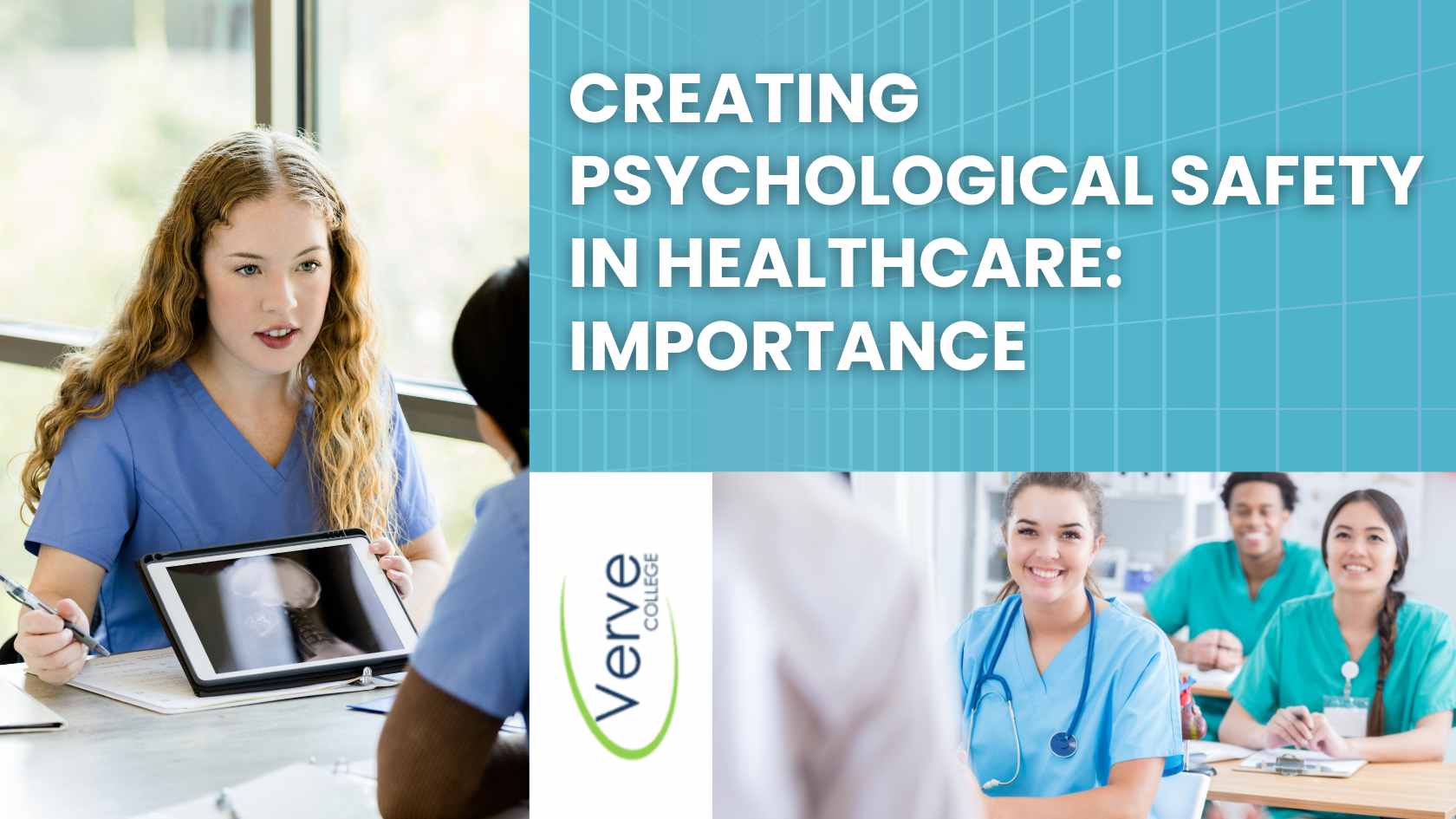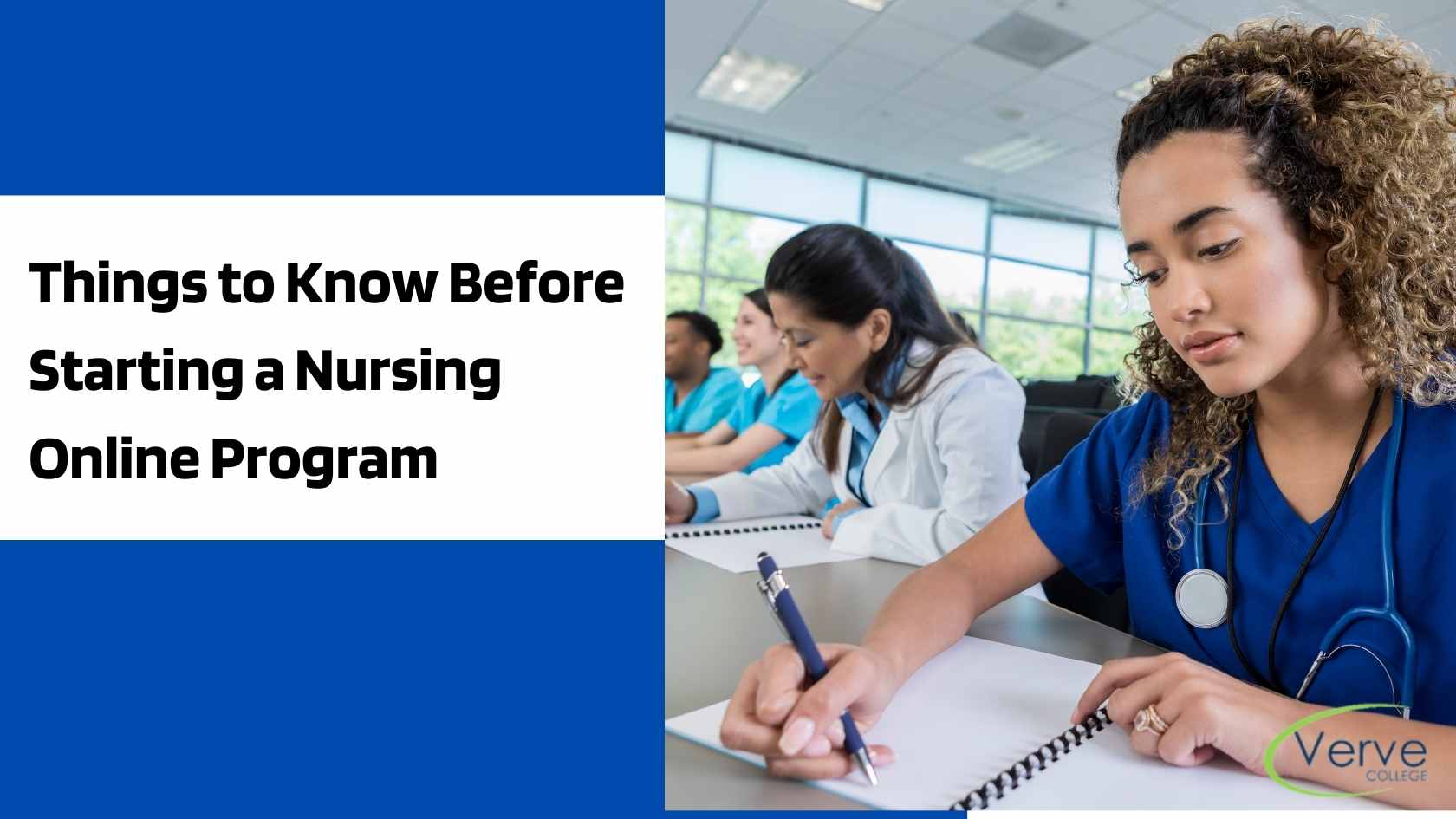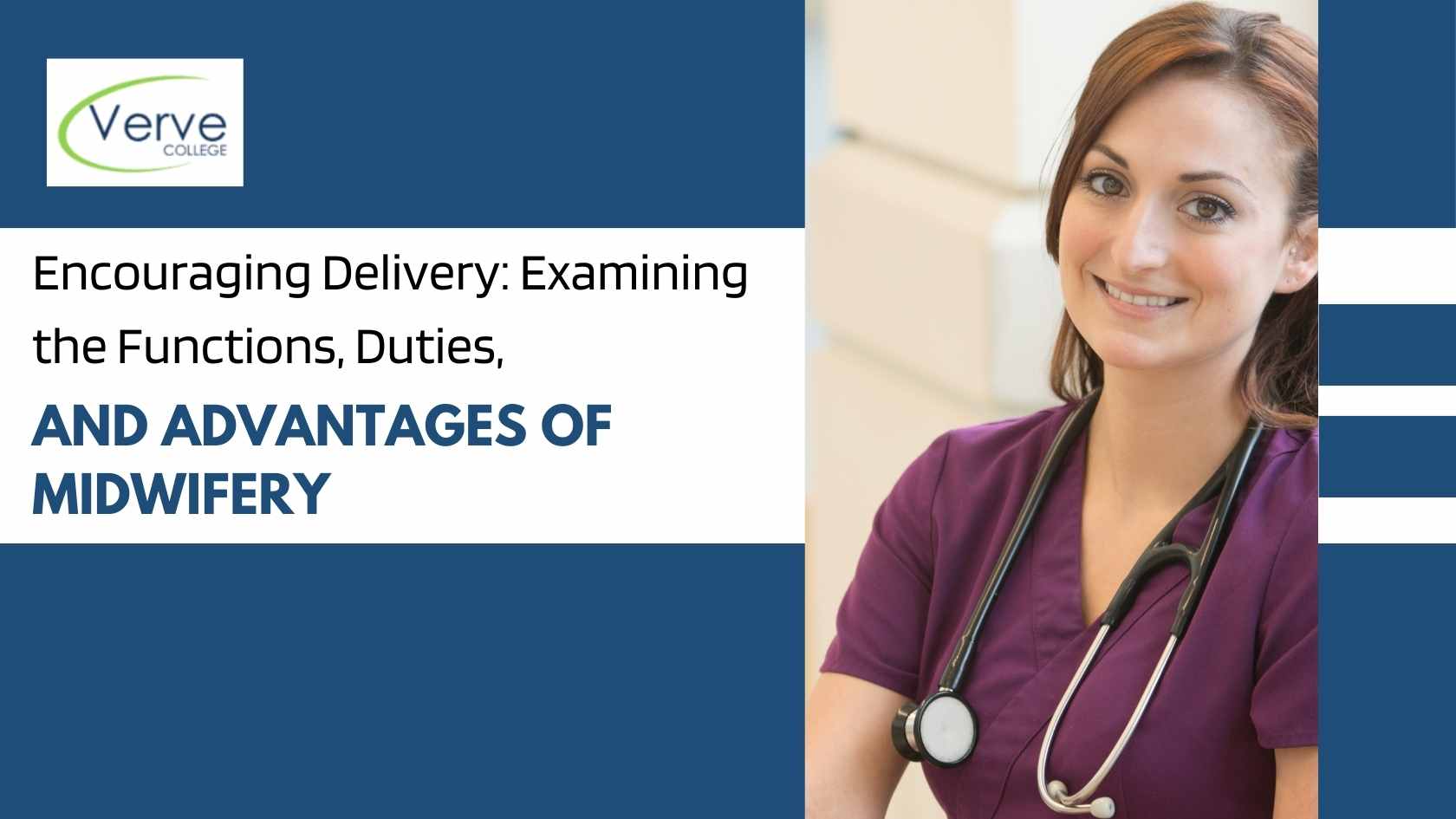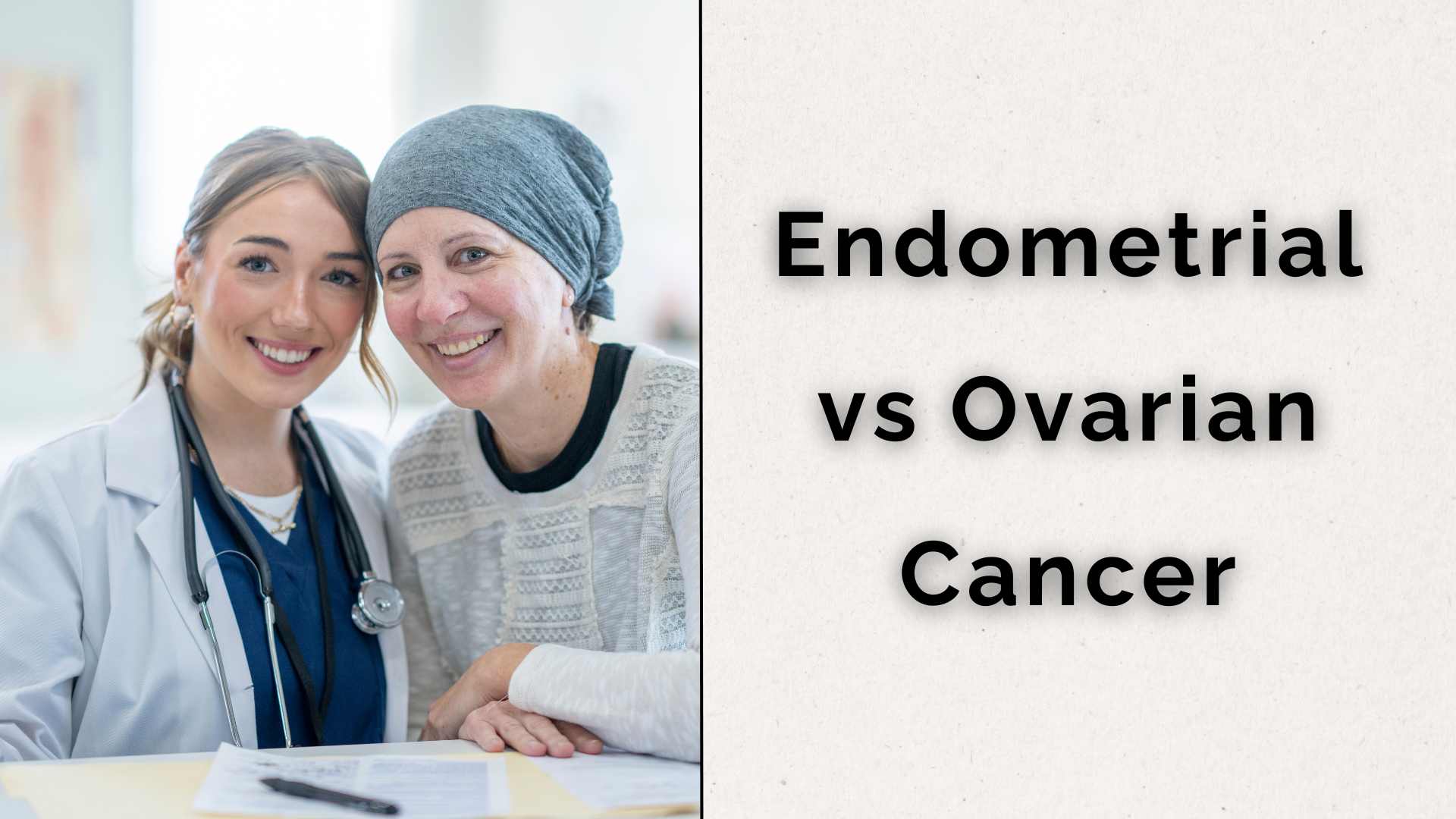- Oak Brook:(630) 705-9999
- Chicago:(312) 920-8822
- Email:inquiry@vervecollege.edu
- Make a Payment
- Home
- Programs
- Admission
- Resources
- ATI Entrance Exam Resources
- New E-Digital Library
- Refer a Friend
- School Newsletter
- Events
- Employers
- Job-Network
- Alpha Beta Kappa Candidates
- Verve College Library
- Graduation and Pinning Ceremony Photo Galleries
- Textbook Information
- Career Services
- Tutoring
- School Catalog
- FAQ
- Constitution Day Program
- Alumni
- Verve College Plans
- Financial Aid
- HEERF Reporting
- Satisfactory Academic Progress
- Apply For Financial Aid
- Net Price Calculator
- Return of Title IV Funds (R2T4)
- Financial Aid Office Code of Conduct
- Contact
- FAQs
- Verification Policy
- Vaccination Policy
- Student Right-to-Know Act
- Misrepresentation
- Information Security Program
- Academic Award Year
- Availability of Employee
- Cost of Attendance
- Health & Safety Exemption Requirement
- Students Rights and Responsibilities
- Leave of Absence
- Pell Formula
- Military Students
- Grants/ Scholarship Policy
- Contact Us
- Login
- Testimonials
- Blog
Is a Nursing Career Right For You?
Take The Free Quiz
Difference Between licensure and certification for Nurses
Difference Between licensure and certification for Nurses
The concept of licensure vs certification can be confusing for prospective nurses who are just starting their education journey. Both are important to a successful career in nursing. They serve different purposes. You should know that an prerequisite courses of an accredited LPN classes will prepare you for licensure so you can start your job confidently. Lets discuss the licensure vs certification in healthcare.
What is Licensure, and How Does It Work?
To be licensed in their state, nurses who have completed an accredited nursing program must pass the NCLEX-PN licensure exam. The National Council of State Boards of Nursing is responsible for administering the test in health care settings. Nurses can start their careers after passing this NCLEX-PN exam (nurse licensure examination).
What Are Certifications and Certificates?
The two main categories of professional certifications are board specialization and continuing education.
Nursing Certifications
Nurses can choose to specialize after graduating and obtaining their license. Private organizations such as the American Professional Association of Critical-Care Nurses, American Association of Nurse Practitioners and American Nurses Credentialing Center have board certifications that confirm a nurse’s highest level of expertise in a specialized field.
Specialization Offers Many Benefits
- Job satisfaction. Certified nurses often have greater career opportunities and recognition, which leads to increased job satisfaction.
- Patient satisfaction. Patients often feel more satisfied after giving them a direct patient care (basic care) when treated by healthcare team in residential care facilities who have specialized in their practice .
- Compensation is higher. Nurses who are certified as specialists can earn more money than healthcare professional without certification.
Some examples of certifications are:
Nurse Anesthetist
Credentialing for nurse anesthetists comes from the National Board of Certification and Recertification of Nurse Anesthetists. Nurses with a Certified Registered Nurse Anesthetist certification (CRNA) must recertify their credentials every four years.
Related:- All About NCLEX Lab Values
Nursing Certificates in Healthcare
Nursing profession that requires continuous education. Practical nursing is a career that necessitates perpetual training in long-term care facilities. The employer often sponsors this training. The certificate or card of proof that medical assistant have completed their required continuing education hours is given to them.
Practical Nursing Licensure and Certification
After a nurse has learned the differences between certification and licensure, they may wonder what they should do to further their nursing career. To become a licensed practical nurse(or LPN), you must follow these steps:
- Completing a vocational training courses. Nursing graduates must complete the vocational traing courses and have completed an accredited nursing program.
- LPN Licensure. Nurses must obtain Licensure after passing the NCLEX. Illinois NCLEX passing rates are an important metric to evaluate the effectiveness of nursing programs in the state.
- Advanced practice licensure. After aspiring NPs complete their education, their state board must license them to learn scope of practice. Depending on the state in clinical settings &.
What Nurses Can Expect to Earn?
Nurses’ compensation varies according to their work environment and clinical experience level. Nurses who are advanced practitioners, like NPs or NPs, make more money than registered nurses. There is also a large variation in the salaries of advanced practice specialists.
According to the U.S. Bureau of Labor Statistics, the median annual wage of LPNs in 2021 was approximately $48,820 per year. BLS predicted that jobs for LPNs will grow by 9% from 2020 to 2030.
According to the BLS, advanced practice nurses receive a significantly different compensation package.
Nurse anesthetists. It is one of the highest-paid specializations. In 2021, nurse anesthetists made a median wage of $195.610 annually.
Nurse practitioners. In 2021, the median annual salary for NPs will be $ 120,680.
Nurse-midwives. In 2021, the median wage for nurse-midwives was $ 112,830.
Want to Make a Career in Nursing? Get More Information About Our Courses!
Nurses: Take Charge of Your Career
It is good to have both. It’s time to investigate your options if you are interested in the possibilities of advanced practice nursing. Learn more about the LPN nursing programs (diploma program) with clinical courses/education courses at Verve College (community college)to take the next step in a rewarding career & understand basic of clinical client care.
 Sign up
Sign up Login
Login




